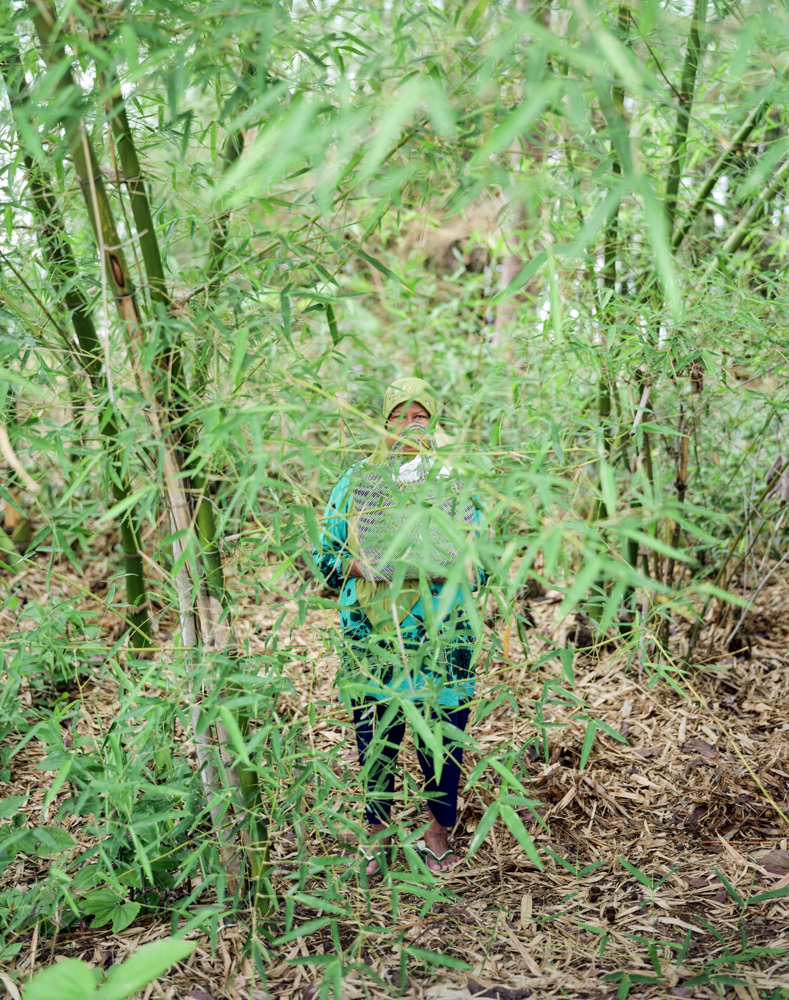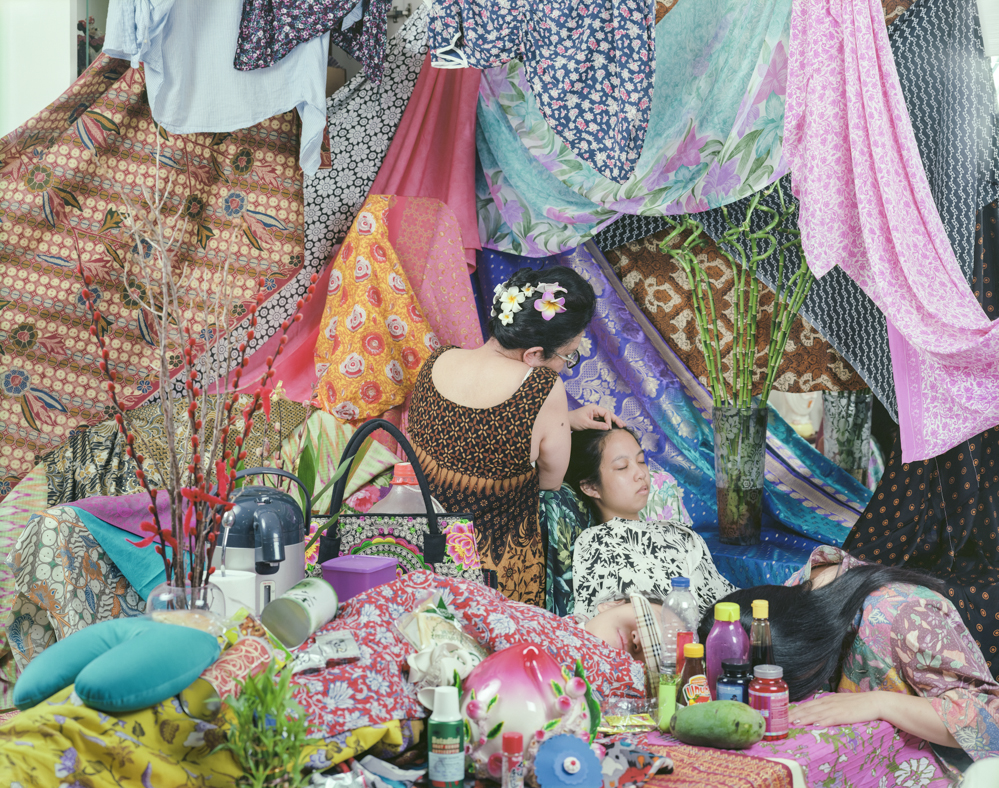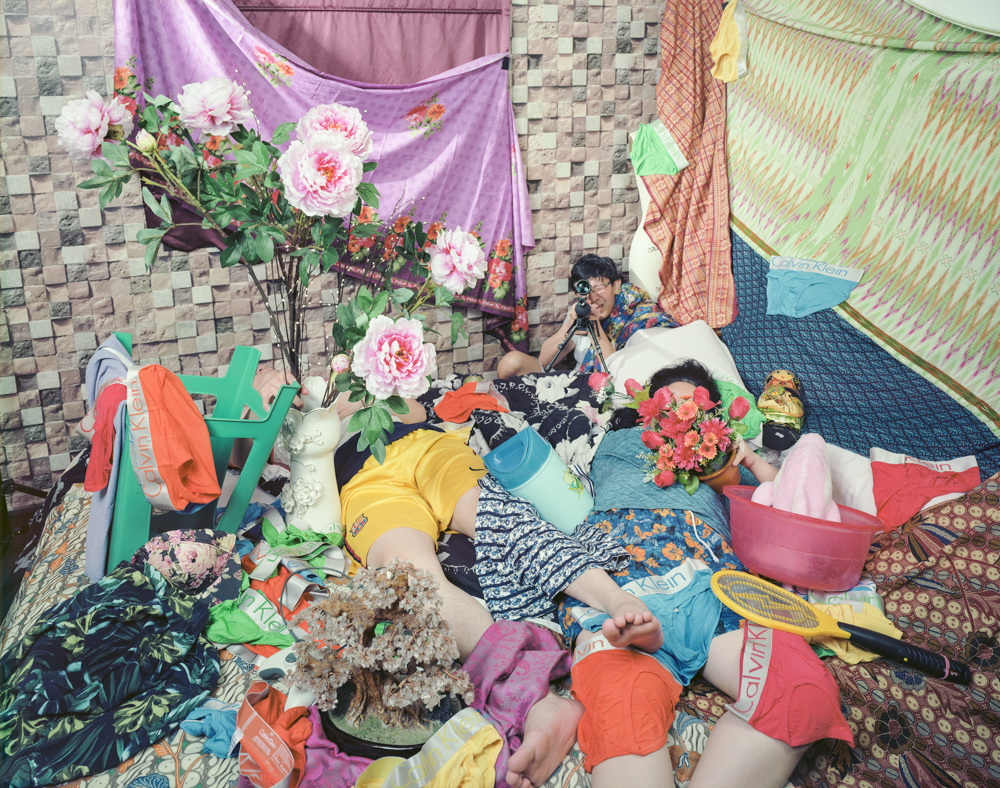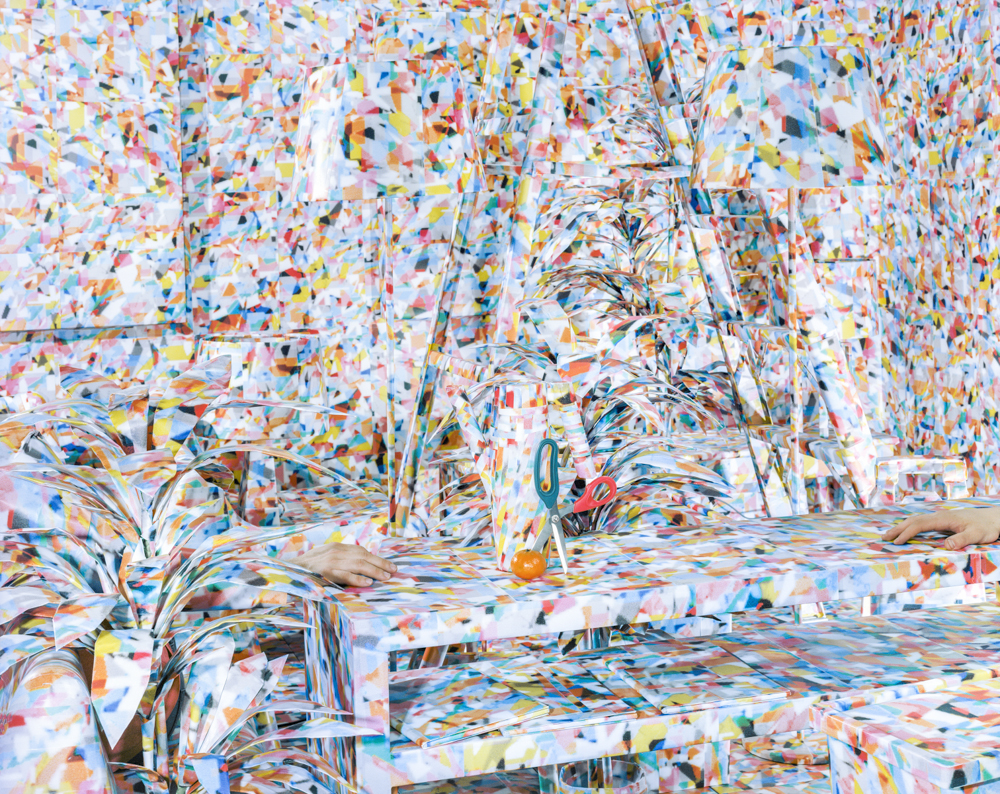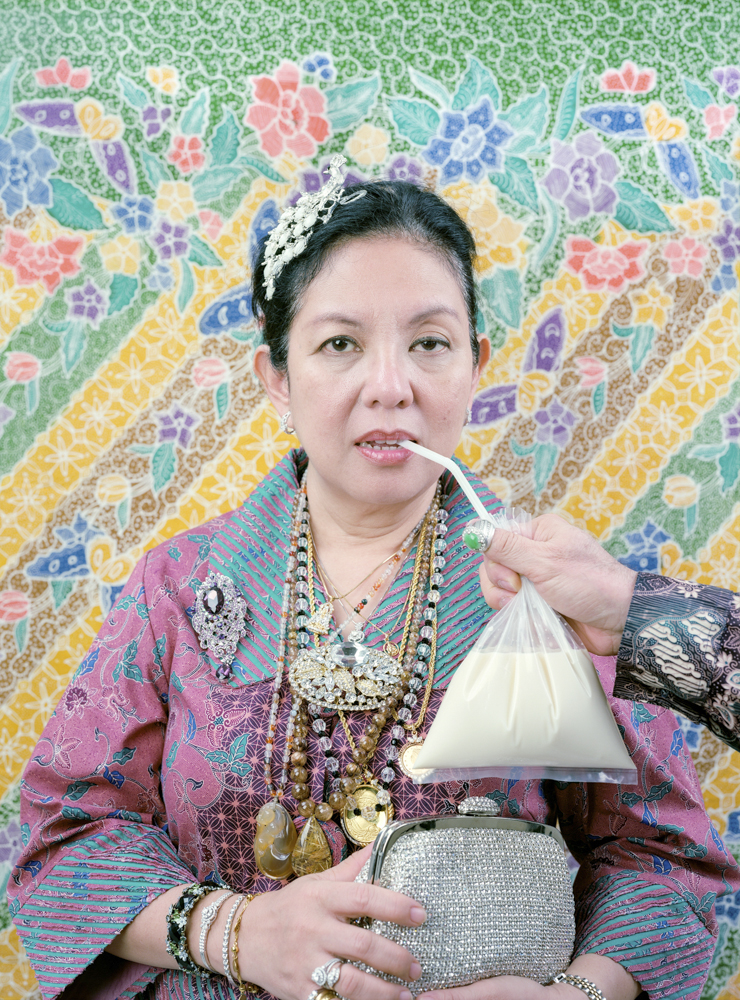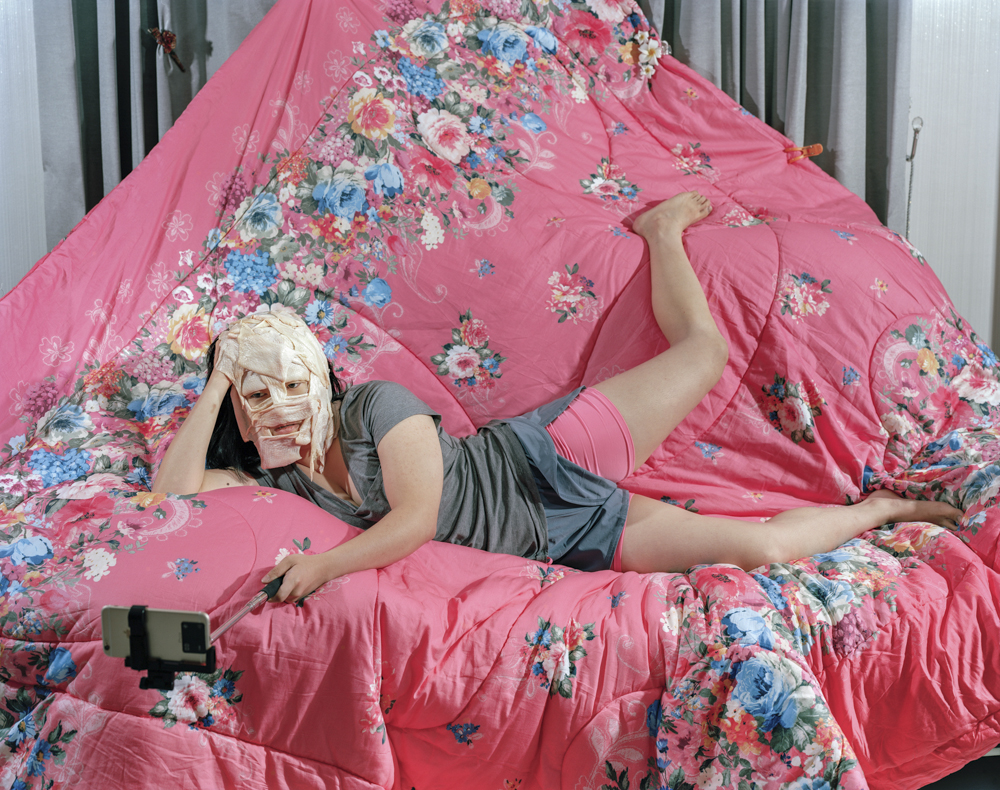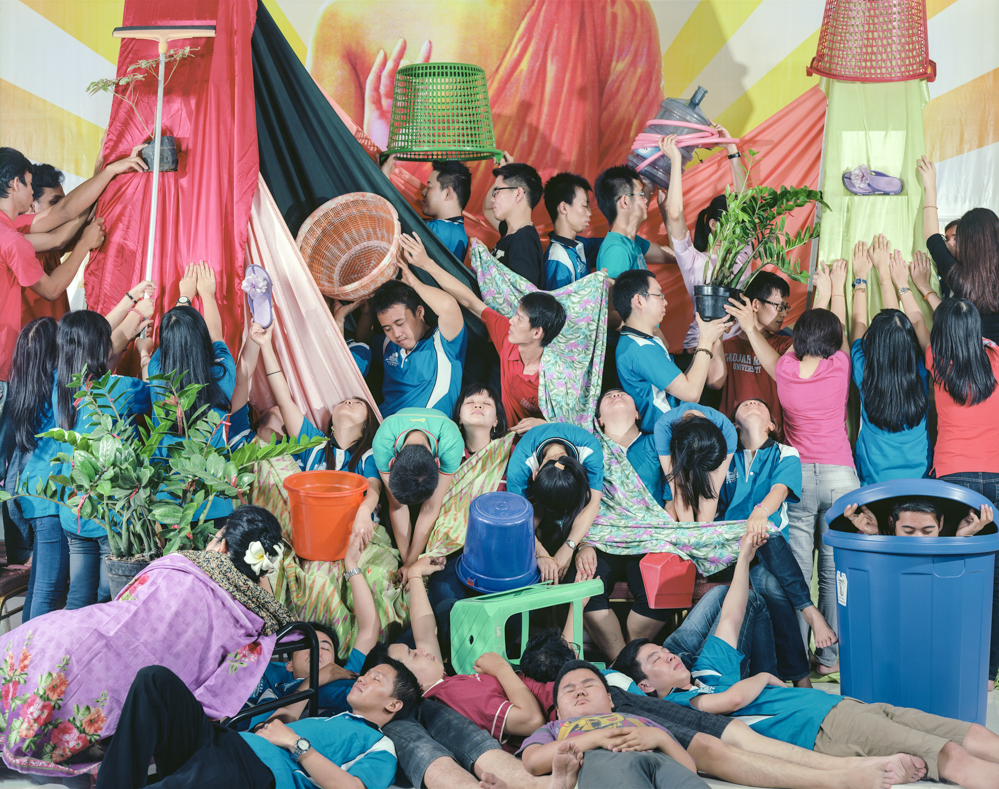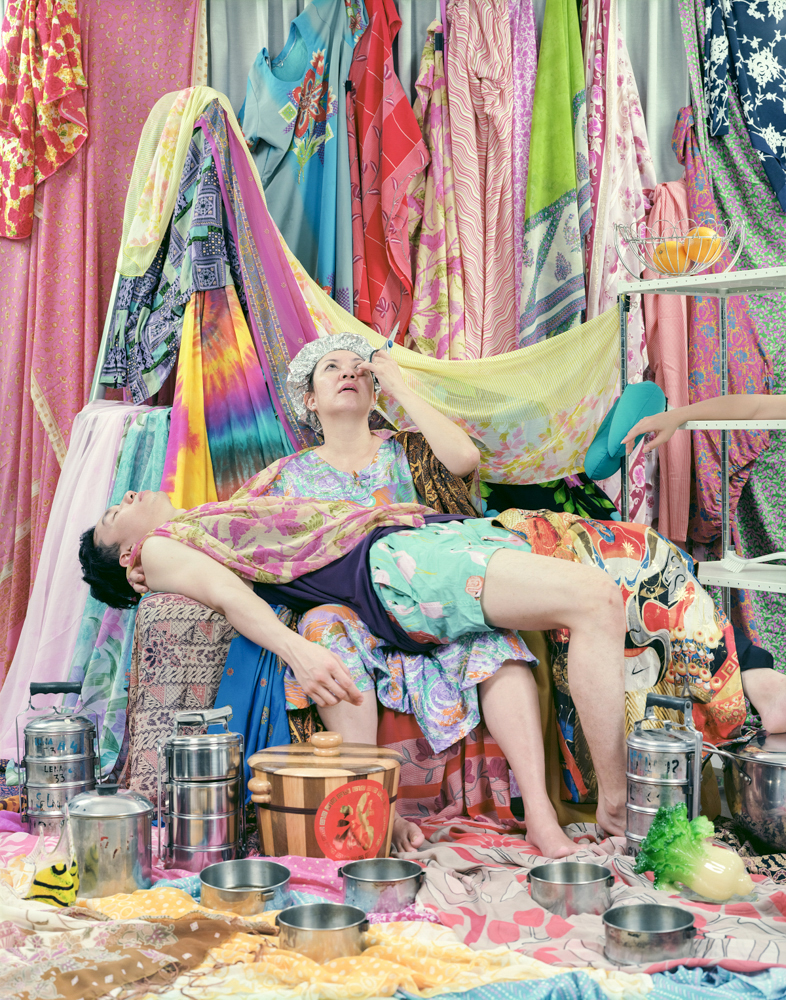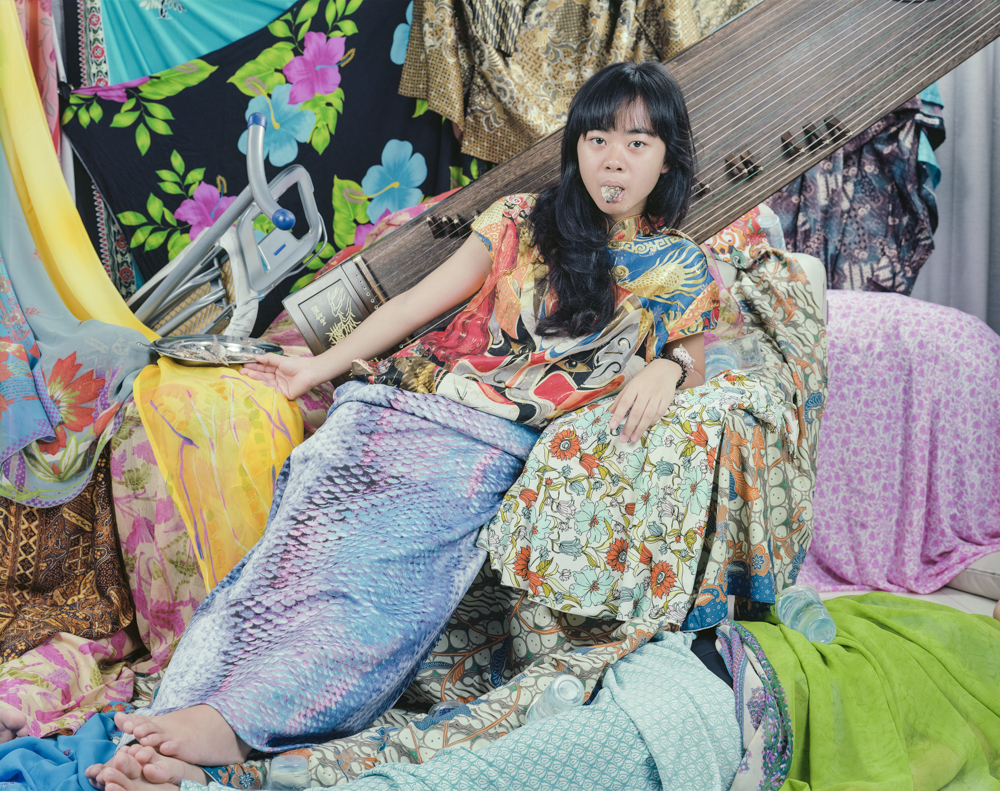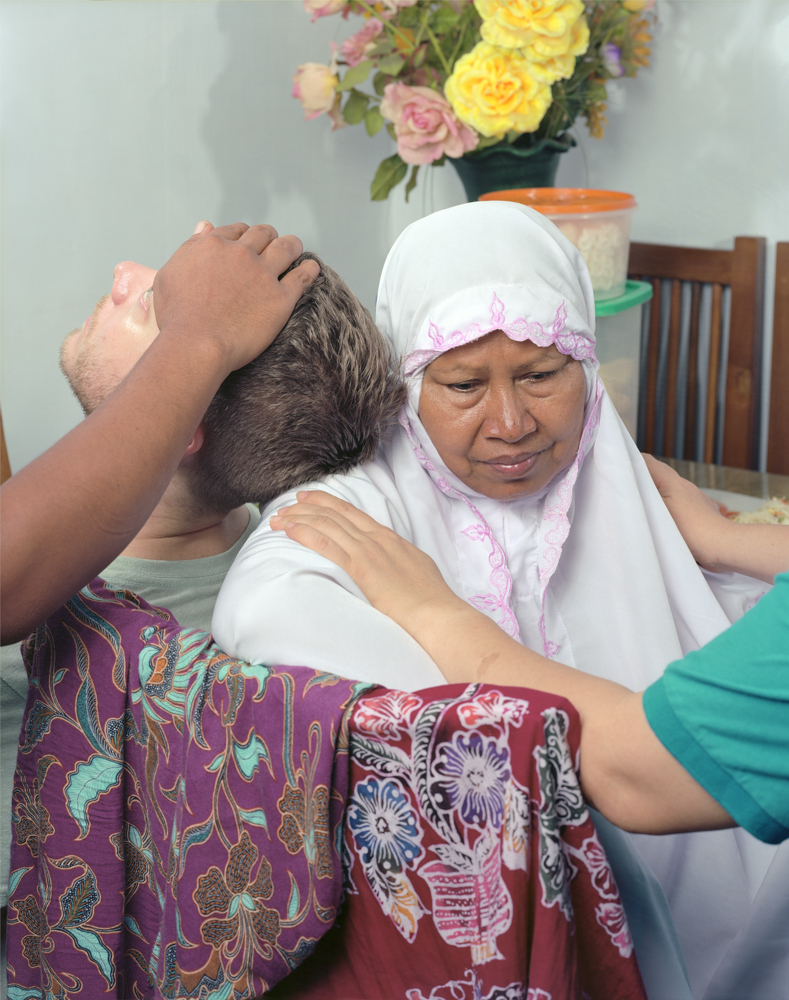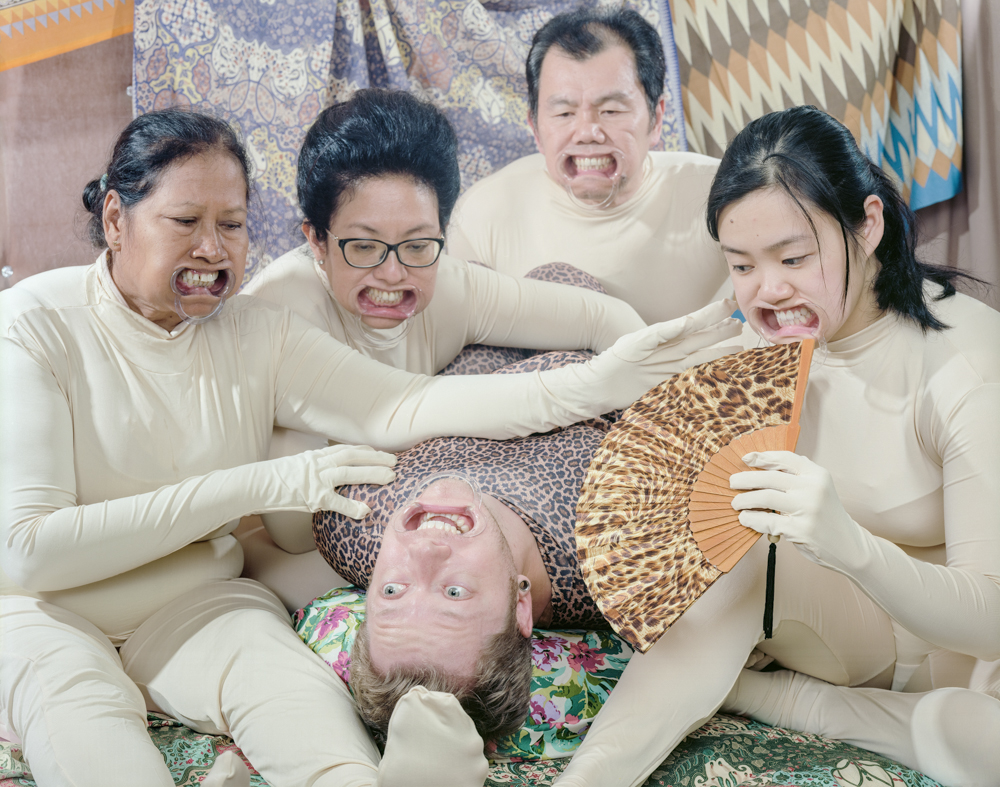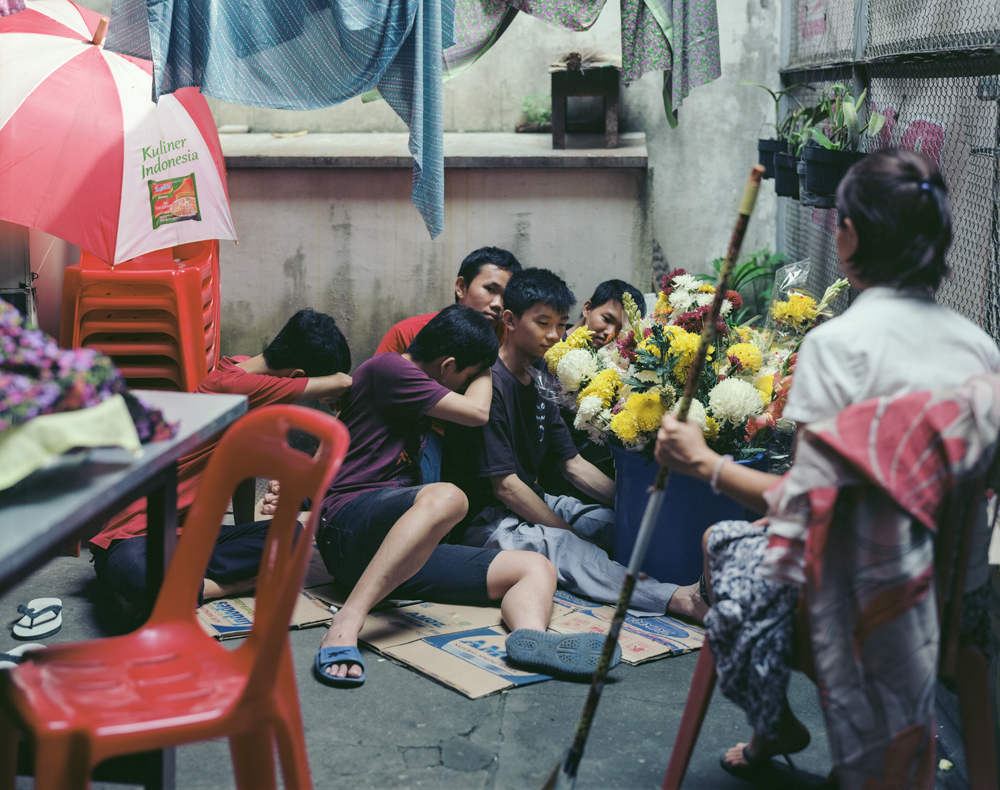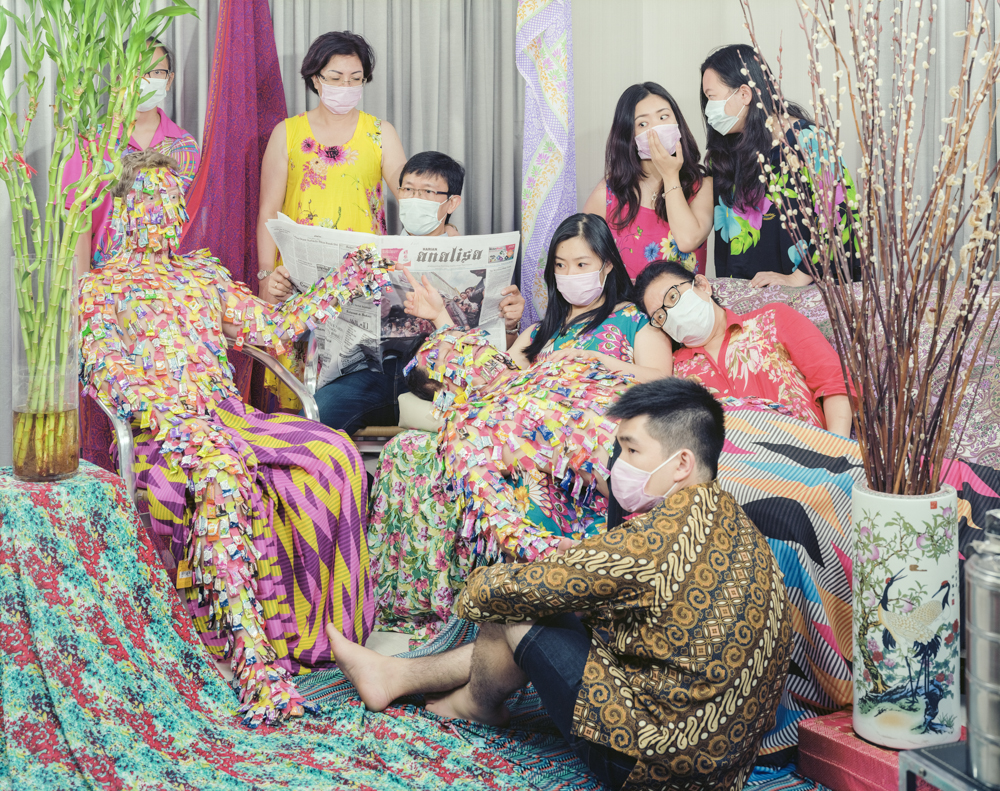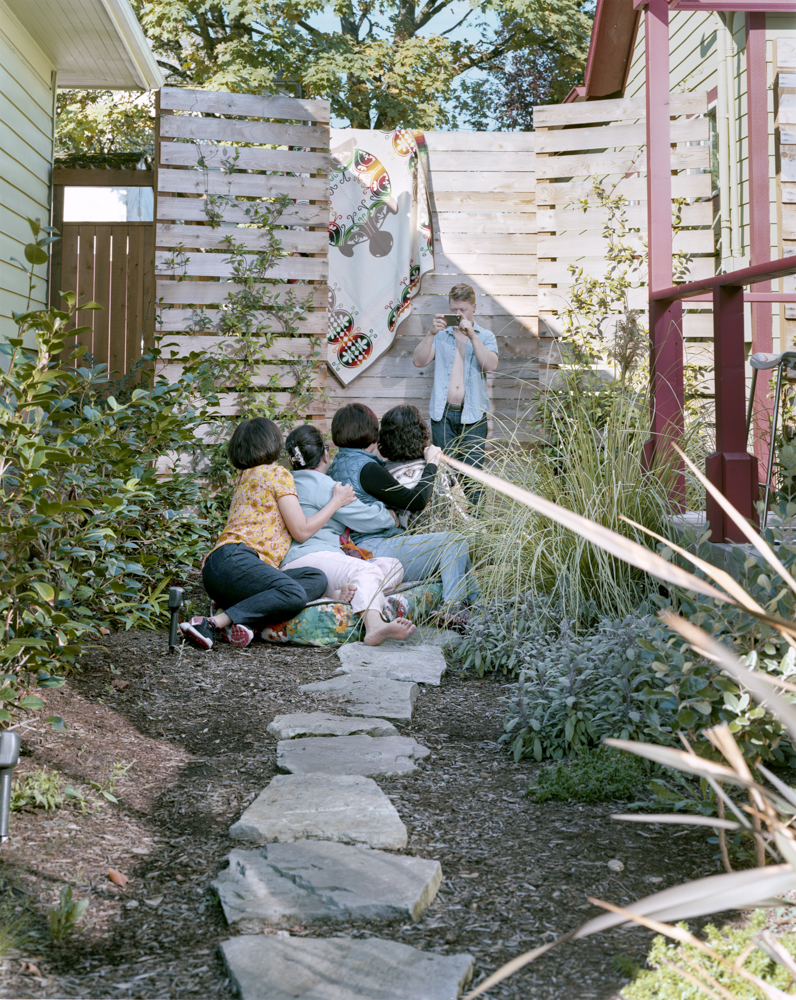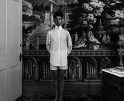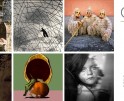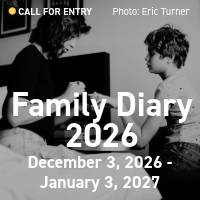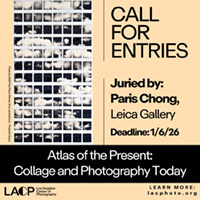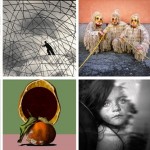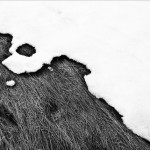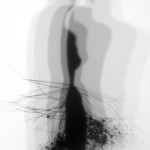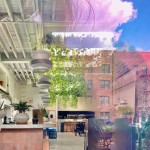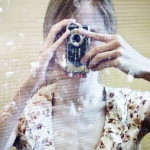CENTER’s Editor’s Choice 2nd Place Award: Leonard Suryajaya
Leonard Suryajaya received 2nd Place in CENTER’s Editor’s Choice Award. His project, Bunda, is a celebration of a complicated life. It centers around the role of women and motherhood in the midst of societal struggle for inclusion and diversity. Leonard has numerous exhibitions and residencies on the horizon: Disruptive Perspectives, Museum of Contemporary Photography, Chicago, IL and Photoforum Pasquart in Biel, Switzerland, Front and Center, Hyde Park Art Center, Chicago, IL, a Residency at Center for Photography at Woodstock, and a Residency at Skowhegan School of Painting and Sculpture. Siobhán Bohnacker, Senior Photo Editor, The New Yorker selected Leonard’s work for this award and her statement is below.
The Choice Awards recognize outstanding photographers working in all processes and subject matter. The Awards are divided into four categories: Curator’s Choice, Editor’s Choice, Director’s Choice and Exhibitor’s Choice. Winners receive recognition via exhibition, publication, portfolio reviews and more. The Choice Award winners are invited to participate in an exhibition in Santa Fe, New Mexico during Review Santa Fe.
Siobhán Bohnacker is a Senior Photo Editor at The New Yorker where she commissions original photography for the magazine, is responsible for the art direction of The New Yorker’s award-winning short fiction section and both writes and curates on photography for newyorker.com.
The breadth of work submitted to this year’s CENTER Awards, is testament to the manifold ways in which photography enables us to tell stories. The expression of life, evident in the work shared, varied from the poetic, to the urgent – from self-exploration and familial life, to the examination of issues playing out on the global stage. In all cases, a spirit of inquiry was evident and the results of these visual dialogues, were inspiring to review.
I was struck by the vibrant stage-settings of Leonard Suryajaya’s project, “Bunda”: a celebratory series addressing the role of women and mothers “in the midst of societal struggle for inclusion and diversity”. By enlisting local family members, students and youths from a local organization in Indonesia, and inviting his subjects to collaborate with him on the elaborate staging of their own portraits, Leonard Suryajaya has created environments in which women enact a narrative of their own choosing, in which they are unbounded by the strictures of social-conformity.
Leonard Suryajaya uses photography to test the boundaries of intimacy, community, and family. His works show how the everyday is layered with histories, meanings, and potential. In elaborately staged photographs bursting with competing patterns and colors, Leonard creates absurd but affectionate tableaux featuring his family. Enlisting his loved ones into his photographic project, he encourages ever more wild combinations and poses as means for them to perform their loyalty. The results are photographs that are tender and critical, bound up as they are with the struggles of familial authority and self identity. He has recently extended this in his work with school children and the complex but fragile societies they form among themselves and in relation to cultural forces both popular and traditional, local and global.
Many of Leonard’s investigations are rooted in the particularity of his upbringing as an Indonesian citizen of Chinese descent, as a Buddhist educated in Christian schools in a Muslim-majority country, and as someone who departed from his family and his culture’s definitions of love and family. Leonard explores these tensions in the everyday interaction, in the chance juxtaposition of culturally-coded objects, and in the disruptions stirred by queer relations. His works perform the ways in which life is soaked not just with one’s own emotional connections but larger, external histories of exile, religion, citizenship, duty, and belonging. His photographs work cumulatively to establish narratives, and he combines these images with videos that document family histories, that play out fantasies, that test group dynamics, or that use the format of the interview to turn his sitters’ gaze back upon his role as artist and facilitator. In all of these, we feel the push and pull of allegiance and autonomy in every odd detail that his works retain as reminders.
– David J. Getsy, Goldabelle McComb Finn Distinguished Professor of Art History, School of the Art Institute of Chicago
Bunda
Influenced by the milieu of ethnic tensions in Indonesia, my work explores identity in the context of cultural background, intimacy, sexuality and gender, and personal displacement. I use personal narrative and storytelling through photography, video, and installation to deconstruct perspectives on the individual’s role in a globalized world.
My work speaks to similarities and differences between social unrest in my home country of Indonesia and in the United States, where I reside. In the wake of increasing American hostility towards Muslims, immigrants, and other minorities, I resist responding simply with anger and disappointment. I commit myself to challenging systems of power that govern the way we see and understand one another. And I recognize that while adversity is universal, the experience of it is always individual. As a queer immigrant to the who fled discrimination in Indonesia, I am well aware of the challenges of navigating personal identity and social identifications.
“Bunda” came about in the same spirit of perseverance in the face of hardship. With the increasing negative sentiments against Muslims, immigrants and minorities, I chose to re-visit my experience as a child to learn about the settings I am in. “Bunda” is a celebration of a complicated life. It centers around the role of women and motherhood in the midst of societal struggle for inclusion and diversity. Enlisting family members, students and youths from a local organization in Indonesia, I set up stages in their homes, temple, and school for them to act out their traumas, fears, frustrations, and pessimism in hopes for a more hopeful rendering of the future, without disregarding the mess of the past and present.
Posts on Lenscratch may not be reproduced without the permission of the Lenscratch staff and the photographer.
Recommended
-
Arnold Newman Prize: C. Rose Smith: Scenes of Self: Redressing PatriarchyNovember 24th, 2025
-
Celebrating 20 Years of Critical Mass: Cathy Cone (2023) and Takeisha Jefferson (2024)October 1st, 2025
-
Celebrating 20 Years of Critical Mass: George Nobechi (2021) and Ingrid Weyland (2022)September 30th, 2025
-
Celebrating 20 Years of Critical Mass: Amy Friend (2019) and Andrew Feiler (2020)September 29th, 2025
-
Celebrating 20 Years of Critical Mass: Jennifer McClure (2017) and JP Terlizzi (2018)September 28th, 2025

